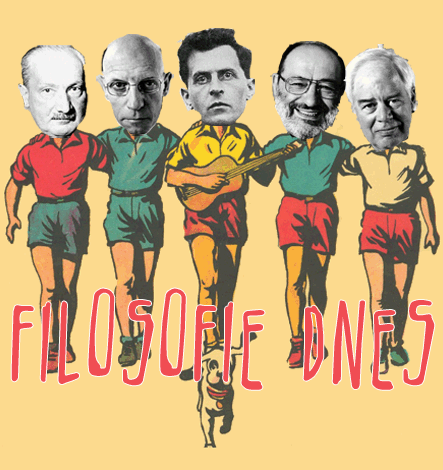Cognitive contrarevolution?
DOI:
https://doi.org/10.26806/fd.v4i1.76Keywords:
mysl, behaviorismus, kognitivní revoluceAbstract
Standard accounts of the modern history of the study of mind in the twentieth century tell us that while around the half of the century the study came to be dominated by inept behaviorism, the sixties witnessed the onslaught of the "cognitive revolution", which wiped out the dominance of behaviorism and opened the way for the truly unprejudiced and adequate study of mind. In this text I want to reconsider this account and challenge it: in particular, I want to point out that behaviorism was not in all respects so inept as it may suggest; and that the "cognitive revolution" did not mean merely breaking out of inadequate methodological fetters, but rather also an opening of space for what I will call the "magical theory of mind" and what I think belongs neither to science, nor to reasonable philosophy.
Downloads
Published
Issue
Section
License
Authors who publish in this journal agree that:
1. Authors retain copyright and guarantee the journal the right of first publishing. All published articles are licensed under the Creative Commons Attribution license, which allows others to share this work under condition that its author and first publishing in this journal was acknowledged.
2. Authors may enter into other agreements for non-exclusive dissemination of work in the version in which it was published in the journal (for example, publishing it in a book), but they have to acknowledge its first publication in this journal.
3. Authors are allowed and encouraged to make their work available online (for example, on their websites) as such a practice may lead to productive exchanges of views as well as earlier and higher citations of published work (See The effect of open access).


